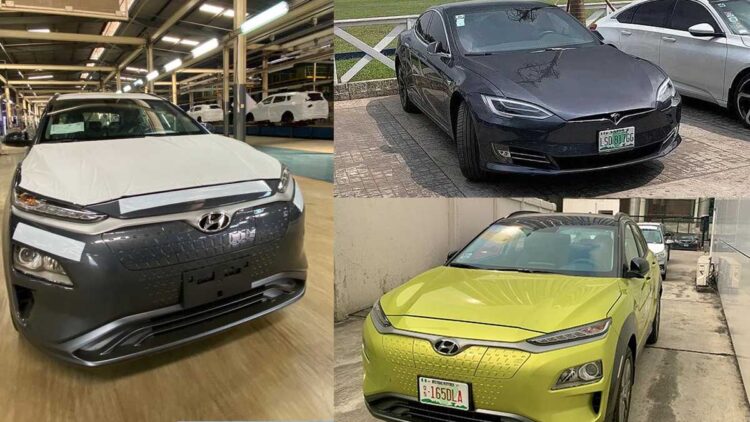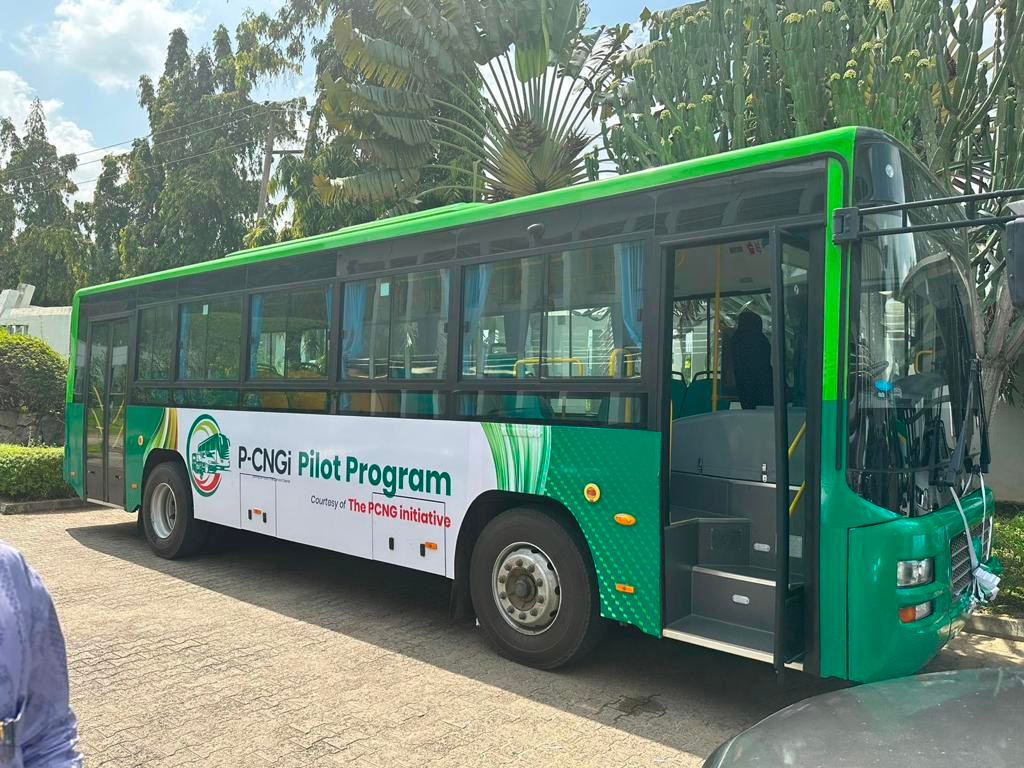
Cities like Lagos, Abuja, and Port Harcourt often experience traffic congestion, rising fuel costs, and environmental concerns. As urban populations swell, the demand for efficient and affordable transportation increases. Innovative automotive technologies, including electric vehicles (EVs), compressed natural gas (CNG) vehicles, and smart mobility solutions, are emerging as viable answers to these challenges.
In this blog post, you'll learn more about these innovations, exploring their potential to revolutionize urban transportation in Nigeria.
Current Mobility Challenges in Urban Environments
The Need for Innovation
Addressing these challenges requires a shift towards innovative automotive solutions that prioritize sustainability, efficiency, and affordability. For example, electric vehicles and CNG vehicles.
Embracing Electric Vehicles (EVs)

The Rise of EVs in Nigeria
Electric vehicles offer a cleaner alternative to traditional petrol and diesel-powered cars. With zero tailpipe emissions, EVs can significantly reduce urban air pollution.
Possible EVs. A Nigerian electric mobility firm is setting up assembly plants in Abuja, aiming to produce up to 10,000 EVs annually, including minibuses, tricycles, and taxis.
Despite its positive outlook, Nigeria still lacks the adequate infrastructure to help with widespread EV adoption. Plus, regardless of their lower operating costs, their initial purchase price remains high.
The Promise of Compressed Natural Gas (CNG) Vehicles

Compressed natural gas is a cleaner-burning alternative to petrol and diesel. CNG vehicles emit fewer pollutants and can offer cost savings on fuel. The Presidential CNG Initiative (Pi-CNG, picture above) was launched to convert 150,000 vehicles to CNG by the end of the year, with a target of 1 million by 2027. Additionally, Nigeria's indigenous automaker has unveiled CNG-powered buses, trucks, and cars, contributing to the nation's sustainable transportation goals.
Benefits of CNG Vehicles
Challenges
Infrastructure: Limited number of CNG refueling stations and conversion centers.
Public Perception: Safety concerns and lack of awareness hinder adoption.
Economic Benefits
Frequently Asked Questions (FAQs)
1. What are the benefits of electric vehicles in Nigeria?
Electric vehicles offer reduced fuel costs, lower maintenance, and zero tailpipe emissions, contributing to environmental sustainability.
2. Are CNG vehicles safe and reliable?
Yes, when properly maintained and converted by certified professionals, CNG vehicles are safe and efficient.
3. How can Nigeria improve its EV infrastructure?
By investing in charging stations, offering incentives for EV adoption, and promoting public-private partnerships.
Conclusion
Innovative automotive solutions hold the key to transforming urban transportation in Nigeria. By embracing electric vehicles and compressed natural gas vehicles, Nigeria can address its urban mobility challenges, promote environmental sustainability, and stimulate economic growth. Collaboration among government, the private sector, and citizens is essential to realize this vision and drive Nigeria towards a cleaner, more efficient transportation future.